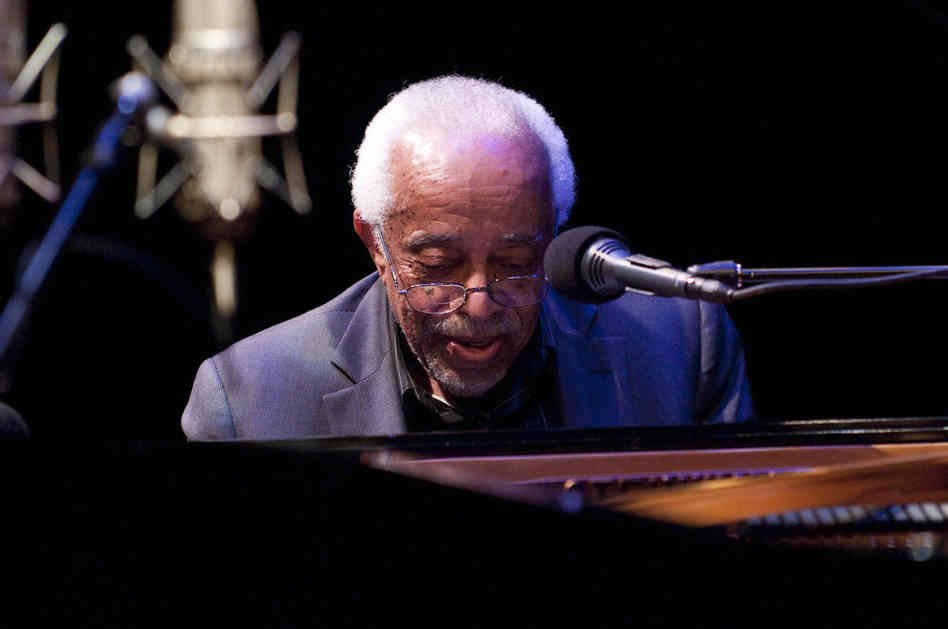Happy Birthdays to Two Keepers of the Flame
Today marks the birthdays of two unsung masters of modern jazz. It’s pianist Barry Harris’s 85th and trombonist Curtis Fuller’s 80th. Both hail from Detroit, which was a musical hothouse for jazz in the pre-Motown era. Harris is the only surviving member of the pantheon of Motor City keyboard greats that includes Hank Jones, Tommy Flanagan, Terry Pollard, Sir Roland Hanna, and Hugh Lawson. He became known to many touring jazz legends through his work as the house pianist at the Rouge Lounge before coming to national recognition in the ’60’s. Here he plays the Rodgers and Hart standard, “I Didn’t Know What Time It Was.”
Most of the Detroit jazz greats were established in New York by the mid-50’s, but Harris delayed his move until 1960, when he was 30. Shortly after his arrival, he began making trio records for Riverside and was hired by Cannonball Adderley, but he left the saxophonist in the middle of a tour after growing bored with the repertoire of Adderley “hits.”
As is evident in this interview conducted by Gary Giddins, Harris is an unapologetic apostle for bebop, and is widely hailed as a keeper of the flame. But to hear him tell it, the approach of the avant-garde was so imminent upon his arrival in New York that he regrets not coming sooner, not that he could have diverted the course of free jazz, but that he would have enjoyed more time on the scene when bebop was still predominant and before things got really complicated with Ornette Coleman and The Beatles.
Roni Ben-Hur, the Israeli-born guitarist who studied with Harris at the Jazz Cultural Theater, the performance and educational space he operated in New York in the ’80’s and ’90’s, said this today about his mentor. “Barry Harris’s contribution to the world is beyond quantification. He has sown endless beauty and love through his playing, teaching and way of being. I, and countless others, are forever grateful to him.”
Curtis Fuller, by virtue of the instrument he plays, is a keeper of the flame by default. Notwithstanding the valiant efforts of J.J. Johnson and a handful of others, the trombone’s prominence in jazz fell precipitously with the advent of small-combo bebop in the mid-40’s. Fuller arrived in New York in 1957 as a member of Yusef Lateef’s quintet. That he’s one of the instrument’s most respected and valued exponents was established by the unprecedented role he played in several different contexts. He was in the front line on John Coltrane’s only Blue Note recordings, Blue Train, and the Sonny Clark-led, Sonny’s Crib; he was a charter member of The Jazztet, the group co-founded by Benny Golson and Art Farmer, and was the first trombonist hired by Art Blakey, nearly a decade after he’d established the Jazz Messengers; and he was heard on three titles that Bud Powell recorded in 1957, the only studio sides the pianist made with a horn player after 1950.
Like Harris, Fuller has maintained a recording and touring career over the decades, and he’s taken nn interest in younger players devoted to the glories and rigors of modern jazz. Here’s a recent concert clip of Fuller’s sextet featuring the brilliant Vermont-born trumpeter Josh Bruneau. Bruneau is a graduate of the Jackie McLean Institute of Jazz at the University of Hartford and a protege of Steve Davis, who in turn is a protege and devoted friend of Fuller. Thanks to figures like Harris and Fuller, the flame is still lit.
